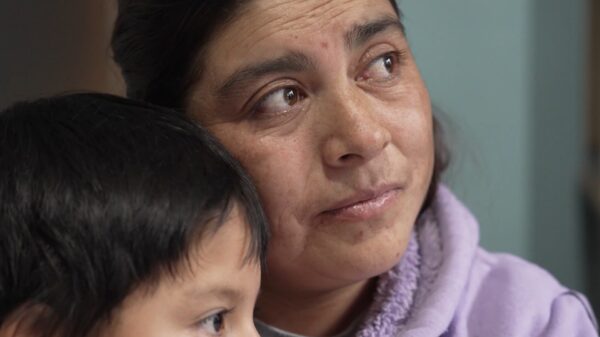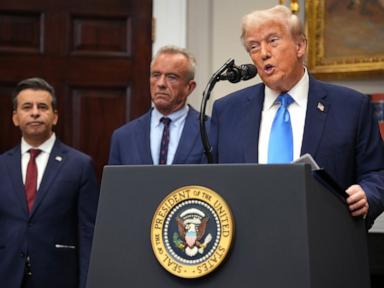URGENT UPDATE: During a press conference on October 23, 2023, President Donald Trump made alarming statements regarding the use of Tylenol during pregnancy and childhood vaccinations, raising concerns among health experts. Trump suggested a potential link between Tylenol use and autism, urging pregnant women to limit their use, despite contradicting medical evidence.
The White House has faced backlash as Trump’s claims challenge established scientific consensus. According to the Centers for Disease Control and Prevention (CDC), there is no definitive evidence connecting Tylenol with autism. Dr. Alison Singer from the Autism Science Foundation stated, “No new data or scientific studies were presented… Instead, President Trump talked about what he thinks and feels without offering scientific evidence.”
One of the most disputed claims involves the assertion that Amish children, who reportedly do not receive vaccines, also do not have autism. This statement is widely regarded as a common anti-vaccine narrative. Studies from the International Society for Autism Research (INSAR) have confirmed that autism is indeed diagnosed within Amish communities, although reported rates may be lower due to cultural factors.
Trump also misrepresented the current vaccination schedule, claiming children receive “80 vaccines” with “horse-sized” shots. In reality, children receive approximately 30 doses by age 18, according to CDC guidelines. Experts have repeatedly clarified that the notion of overwhelming children’s immune systems with vaccines is inaccurate.
Moreover, Trump stated that fever during pregnancy is not serious, despite evidence indicating that it can increase the risk of stillbirth and miscarriage. Dr. Jessica Steier emphasized, “The best quality evidence does not show that acetaminophen causes autism,” pointing to the need for rigorous scientific validation.
Trump’s comments on the necessity of vaccinating newborns against Hepatitis B sparked additional controversy. He recommended delaying the vaccination until children are 12 years old, ignoring that Hepatitis B can be transmitted from mother to child during childbirth. Health experts insist that immediate vaccination protects infants from serious diseases that can be life-threatening.
As the situation develops, health officials and pediatricians are voicing their concerns over the potential impact of these statements on public health. Dr. Susan Kressly, President of the American Academy of Pediatrics, remarked, “Spacing out or delaying vaccines means children will not have immunity against these diseases at times when they are most at risk.”
With health organizations and medical professionals urging adherence to established guidelines, the urgency to address these claims is clear. As misinformation spreads, the stakes for public health have never been higher. Experts stress the importance of relying on scientific evidence to guide parental decisions regarding vaccinations and medication during pregnancy.
Stay tuned for more updates as this story unfolds.







































































